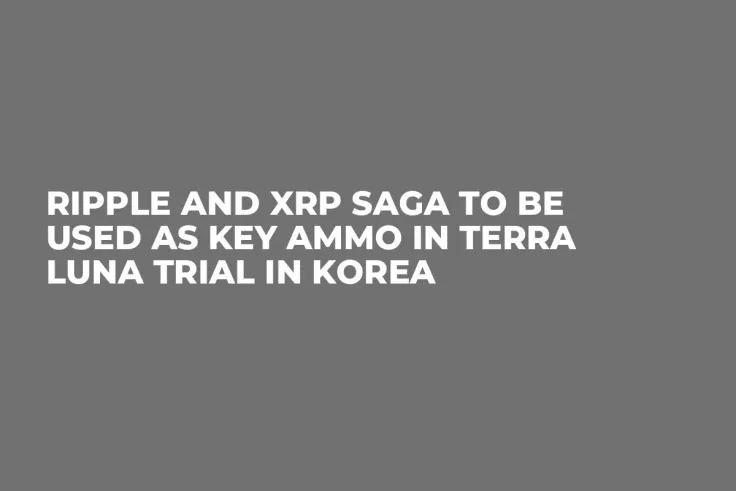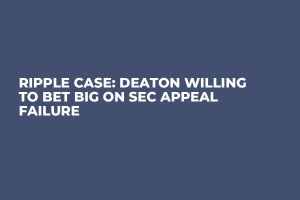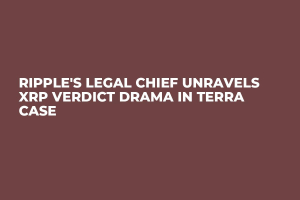
In a strategic move, prosecutors in the Terra-Luna crash trial are set to wield the Ripple and XRP legal battle as a decisive tool in substantiating their case. The trial, centering around security status concerns, is witnessing an intriguing twist as authorities leverage U.S. court judgments to support their arguments.
Sources from the Seoul prosecutor's office reveal that a translated Ripple-related judgment from the U.S. court has been obtained. The document confirms that while XRP itself was not categorized as a security, it was deemed as such when sold to institutional investors. This pivotal distinction challenges assertions that Luna Coin, like XRP, cannot be considered a security under Korean law.
Deputy Chief Prosecutor Dan Sung explained, "The U.S. recognition of XRP's status indicates the broader interpretation of securities, debunking claims that Luna Coin would not meet similar scrutiny in Korea."
Formation of law
Further bolstering their stance, prosecutors intend to submit a significant ruling from the federal court in Manhattan, New York. This ruling categorizes virtual currencies as securities, regardless of their method of sale. This comprehensive view will be presented to the tribunal as additional ammunition.
Prosecutors emphasize that the pivotal distinction between Ripple/XRP and Luna Coin lies in their profit-sharing mechanisms. Dan Sung highlights, "Luna Coin's commitment to share profits differentiates it from Ripple, underscoring its potential classification as a security."
As the Terra-Luna trial unfolds, the Ripple and XRP saga emerges as a linchpin, shaping the discourse around crypto security and igniting intense anticipation for the trial's outcome.


 Vladislav Sopov
Vladislav Sopov Dan Burgin
Dan Burgin